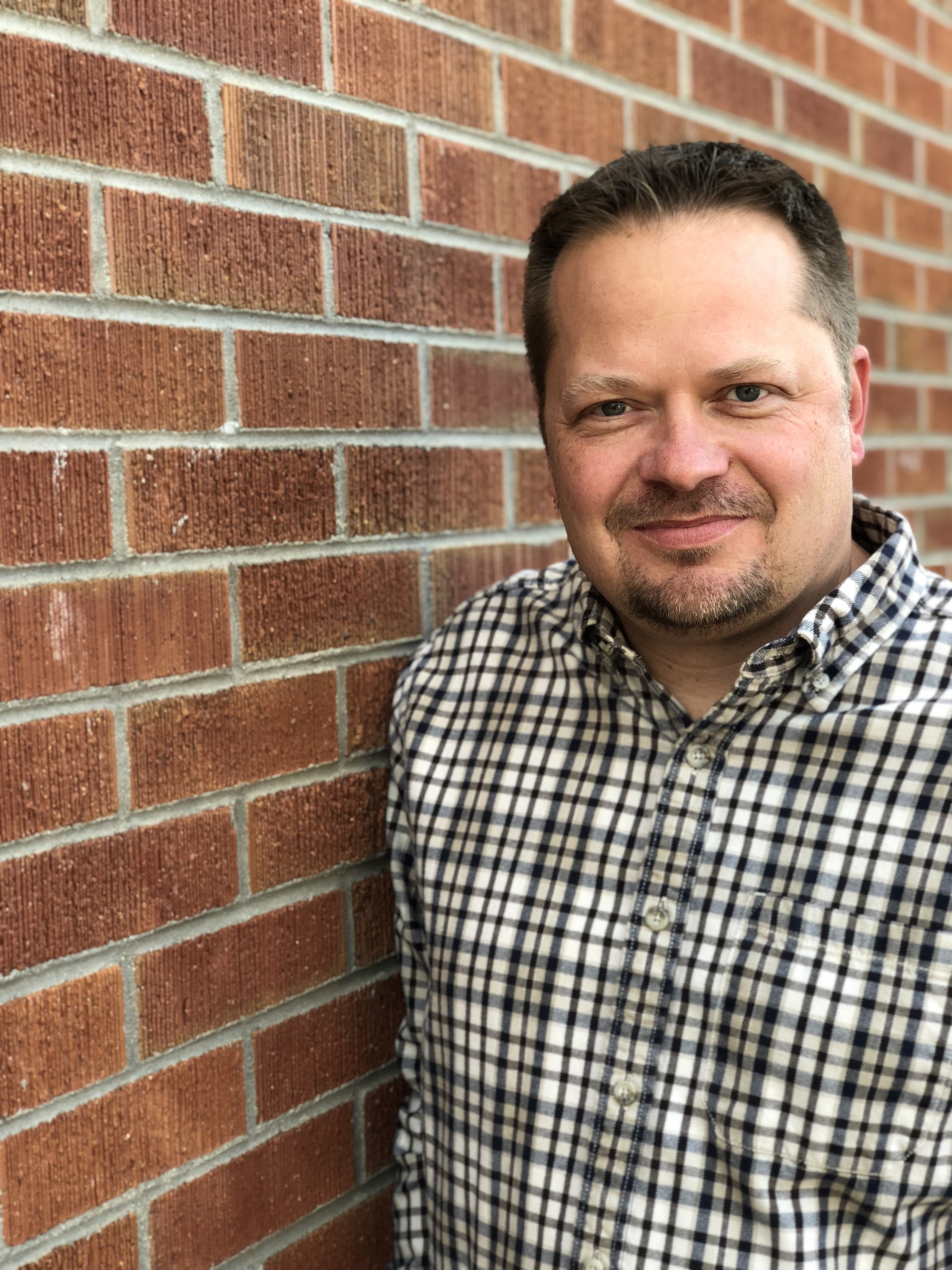When people, Christians in particular, are dating, the question eventually comes up… “How far is too far?” This is of course in reference to the physical boundaries in a dating relationship. It may be asked using different words: Is kissing okay? What kind of kissing is appropriate? When is it okay to kiss and for how long? Where exactly can I put my hands, and where exactly should I not put my hands? Or do the hands matter at all? Is there a difference between petting and “heavy” petting? Does oral sex count as sex? Or, more simply, How far is too far?
I’m sure this has been a dilemma for people since the beginning of time. Arranged marriages, in which the couple getting married may never have even met before their wedding day, probably helped to reduce the questioning. Technically, they were having sex on the first date, but this was because their first date was their wedding. Commitment came first and meant something more permanent then than it often does now. In other times, men and women were never left alone without a chaperone. Today, we are often left to figure out the boundaries for ourselves. It is not uncommon to date for a year or longer prior to becoming engaged, and then there is sometimes a long engagement. It is no wonder that our understanding of the boundaries can get blurry over so much time.
Are we being honest?
I find myself wondering if “How far is too far?” is truly the question that is really being asked at all. Perhaps a more honest way of stating the question would go something like, “How much can I get away with and not sin?” Isn’t that what we are really asking when we want to know the precise location of the physical boundaries?
Paul states in I Corinthians 6:12, “everything is permissible to me, but not everything is beneficial.” I think sometimes we stop reading this verse after the “everything is permissible” part. Grace covers everything, right? Grace washes away sin, but unfortunately, we are often left with the consequences of our choices. When we say “you’re not worth waiting for” or “I’m not worth waiting for” with our actions, trust cannot develop fully and wholly. When we go “too far” in a dating relationship, guilt and shame show up as unwelcome visitors. Questions about where the boundaries lie do nothing to address the internal issues of the heart.
A Problematic Compromise
In my own struggle with homosexuality, I found that the physical boundaries that I thought were firm quickly gave way. I now realize at least part of the reason how this happened. My decision to compromise my values had happened long before I ever became physical with someone. It happened first in my mind and in my heart, when I chose to look to another person to meet my needs, rather than wait for whatever God’s provision for me might have been. Because I had already compromised so much, it was easy to give up on the rest of my values regarding sexuality as well.
I imagine that this is true in heterosexual relationships, too. The intensity of attraction and emotion that comes with a new relationship can be intoxicating. We let our hearts and minds rush forward in the excitement of it all. Our values and beliefs become secondary to the other person. We want to be close to our significant other, so we begin to let go of our convictions one by one. A significant boundary gets crossed along the way (whatever that may be), and guilt and shame come. The temptation is to think, “If I’ve already gone too far, why not go further? I feel convicted about my choices, but when I’m with my partner, I can forget about how badly I feel, if only for a little while.”
Starting Over
My wife Jill and I were married in 2010. During our season of dating, I found that I was much more conservative about the physical boundaries within our relationship than I ever thought I would be. Because of my past experiences and what I had heard from others, I was committed not to bring a bunch of guilt and shame into this relationship. If we were to get married, I hoped it would be a celebration we could feel good about. If we did not get married, the physical part of our relationship would have been less difficult to sever, because we wouldn’t have given our sexual selves to each other prematurely. These boundaries were challenging to adhere to within our six-month engagement. We waited until after our wedding to consummate the sexual part of our relationship, but it was not without asking the “How far is too far?” question, A LOT.
I don’t share our story of waiting until marriage in order to brag. In fact, there were a few times where we took things further than either of us wanted to when we were thinking clearly and not caught up in the heat of the moment. We had to set up some boundaries about when and where we spent time together alone, because we did not trust ourselves. And we talked with those we were accountable to in order to help us as well.
A new question to ask
I think it is better to think of purity as direction we are all called to point our lives toward. Perhaps a better question we should be asking is, “How can I love my partner and honor my values, beliefs, and convictions?” I leave you with a passage that seems fitting for the topic:
Love is patient, love is kind. It does not envy, it does not boast, it is not proud. It is not rude, it is not selfseeking, it is not easily angered, it keeps no record of wrongs. Love does not delight in evil but rejoices with the truth. It always protects, always trusts, always hopes, always perseveres. I Corinthians 13:4-7, NIV

Roger Jones
Executive Director
Roger began working with WGA in October of 1996 as the Assistant office Manager. Since that time, he has worn many hats and served in several different positions, including Assistant Program Director and Operations Director. In April of 2007, Roger assumed the position of Executive Director.
Roger attended West Texas A&M University, where he studied Music Business. Much of his training has been “on the job,” where he was mentored by the ministry’s Founder, Mary Heathman, and the Program Director, Scott Kingry. He holds a BA from West Texas A&M University.
Roger, his wife Jill, and their daughter Julia and son William, attend Celebration Community Church where Jill serves as Senior Pastor.
Make a Difference in Someone's Life
If you enjoy reading WGA’s blogs and would like to show your support, please consider making a donation. Where Grace Abounds is a 501(c)3 non-profit organization. The majority of services, including support groups and discipleship counseling, are provided free of charge. Your financial gifts help to cover the costs associated with offering a free program to those who seek WGA’s services.

